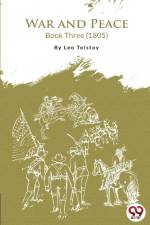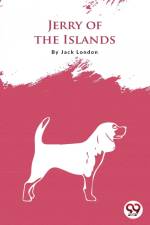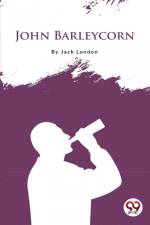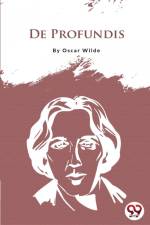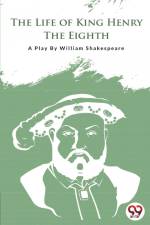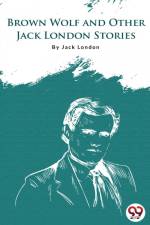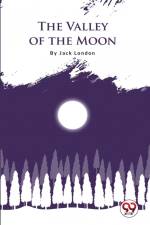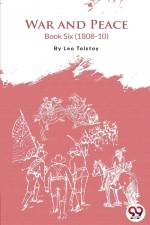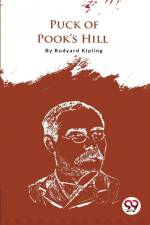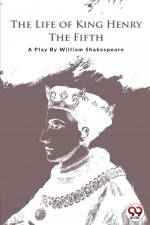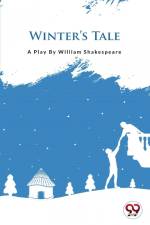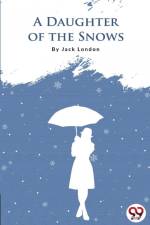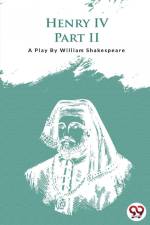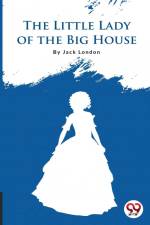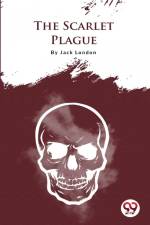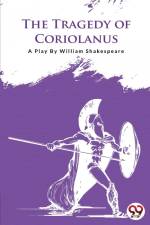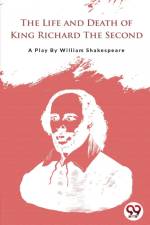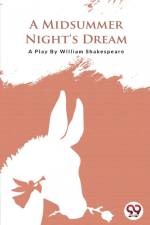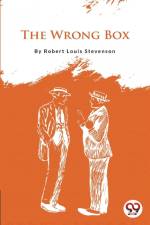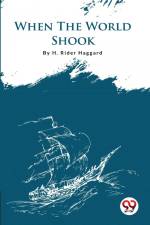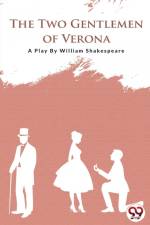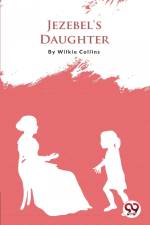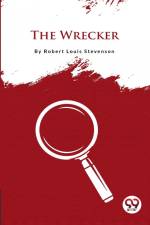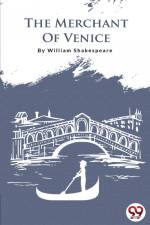av William Shakespeare
171
The Life and Death of King Richard the Second, usually called Richard II, is a set of experiences in a play by William Shakespeare that is considered to have been written in roughly 1595. It depends on the existence of King Richard II of England (governed 1377-1399) and is the initial segment of a quadruplicate, alluded to by certain researchers as the Henriad, trailed by three plays concerning Richard's replacements: Henry IV, Part 1; Henry IV, Part 2; and Henry V. Although the First Folio (1623) version of Shakespeare's works records the play as a set of experiences, the prior Quarto release of 1597 considers it The Tragidie of King Richard the Second. The play traverses just the most recent two years of Richard's life, from 1398 to 1400. The first act starts with King Richard sitting magnificently on his high position in full state, having been mentioned to mediate a debate between Thomas Mowbray and Richard's cousin, Henry Bolingbroke, later Henry IV, who has blamed Mowbray for wasting cash given to him by Richard for the lord's warriors and for killing Bolingbroke's uncle, the Duke of Gloucester. In the meantime, John of Gaunt, the first Duke of Lancaster, accepts that it was Richard himself who was answerable for his sibling's homicide. Despite Gaunt's protests, Richard submits after a few attempts to calm the two men. It is decided that the matter be settled in the laid out strategy for a preliminary fight between Bolingbroke and Mowbray. The competition scene is exceptionally formal, with a long, stately presentation. However, as the warriors are going to battle, Richard hinders and sentences both to expulsion from England. Bolingbroke is initially condemned to a decade's expulsion, yet Richard decreases this to six years after seeing John of Gaunt's lamenting face, while Mowbray is exiled for all time. The lord's choice should be visible as the principal botch in a series driving ultimately to his defeat and demise, since it is a blunder which features a significant number of his personality blemishes, showing as it does hesitation (as far as whether to permit the duel to go on), suddenness (Richard holds on as late as possible to drop the duel), and mediation (there is not an obvious explanation for why Bolingbroke ought to be permitted to return and Mowbray not). Also, the choice neglects to dissipate the doubts encompassing Richard's contribution to the demise of the Duke of Gloucester; truth be told, by dealing with the circumstances so oppressively and offering not a glaringly obvious reason for his thinking, Richard just figures out how to show up more blameworthy. Mowbray predicts that the lordship will eventually fall because of Bolingbroke. John of Gaunt bites the dust, and Richard II holds onto the entirety of his property and cash. This incenses the honourable, who blame Richard for squandering England's cash, for taking Gaunt's cash (having a place by freedom with his child, Bolingbroke) to subsidise battle in Ireland, for burdening the everyday people, and for fining the aristocrats for wrongdoings perpetrated by their predecessors. They then assist Bolingbroke in returning furtively to England with an arrangement to oust Richard II. There remain, notwithstanding, subjects who are devoted to the lord, among them Bushy, Bagot, Green, and the Duke of Aumerle (child of the Duke of York), cousin of both Richard and Bolingbroke. When King Richard passes on England to take care of the conflict in Ireland, Bolingbroke quickly jumps all over the chance to collect a military force and attacks the north shoreline of England.

